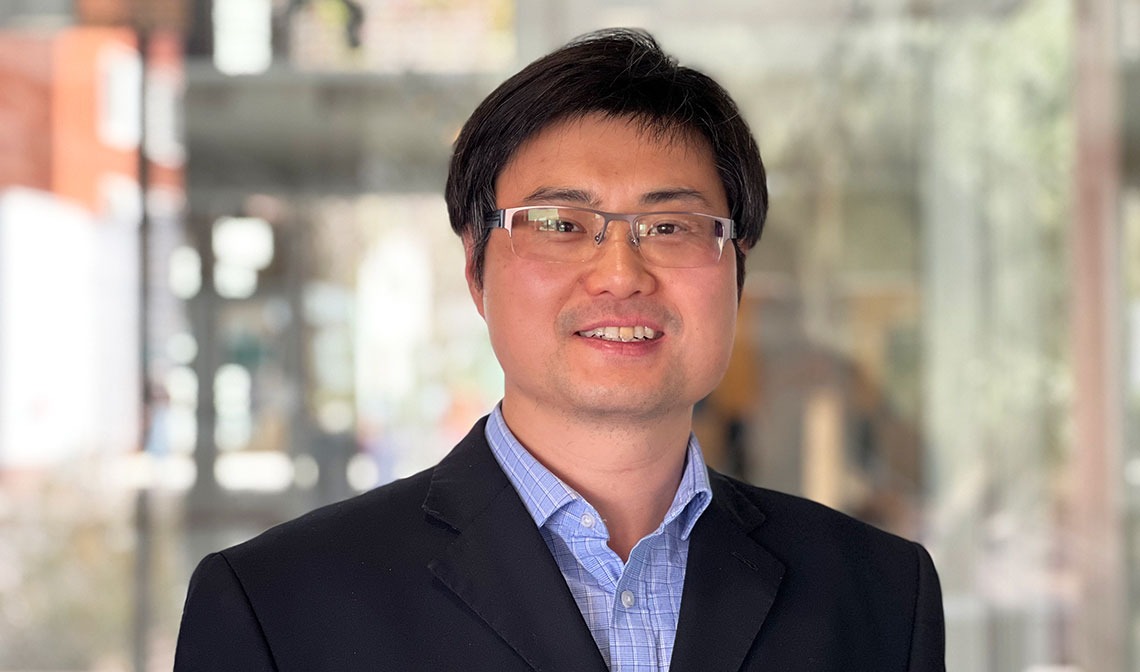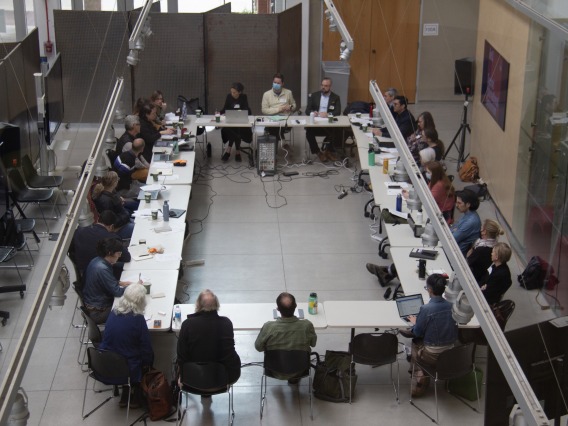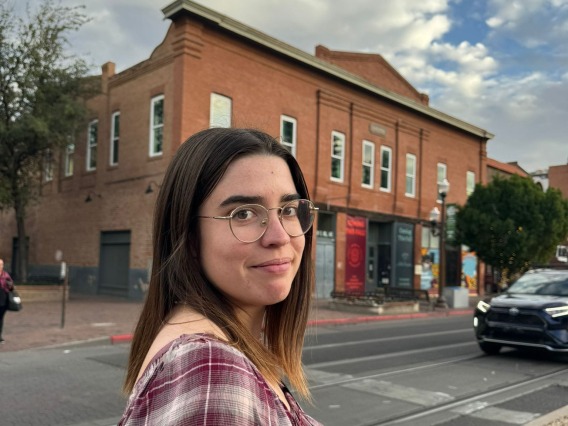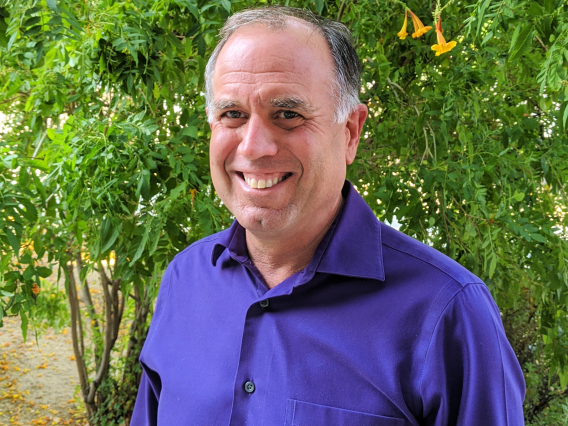Bo Yang Named an American Society of Landscape Architects Fellow

Bo Yang, an award-winning professor of landscape architecture and urban planning and associate dean for research in the College of Architecture, Planning and Landscape Architecture at the University of Arizona, has been named an ASLA Fellow.
“Landscape architects play a pivotal role in tackling the grand challenges we face in today’s built environment,” he says. “It is a genuine honor to receive this recognition, as it highlights the importance of our work at CAPLA and the collaborative efforts we undertake with our communities.”
With 47 other ASLA members, Yang was elevated to the American Society of Landscape Architects 2023 Council of Fellows for his “exceptional contributions to the landscape architecture profession and society at large,” announced the ASLA.
“Landscape architects help build a better world for all of us, and ASLA Fellows represent the most respected and accomplished professionals in the entire field,” says ASLA President Emily O’Mahoney. “This year’s class of ASLA Fellows has made outstanding contributions to people’s health, safety and welfare; environmental sustainability and climate resilience; and stronger communities. Congratulations to the 2023 class of ASLA Fellows!”
“Naming a new class of ASLA Fellows is a joyful reminder of everything that landscape architects do to make our communities more equitable, more beautiful and more resilient,” says ASLA CEO Torey Carter-Conneen. “We extend our warmest thanks to the new class of ASLA Fellows for all of their accomplishments and contributions to human flourishing.”
“Being selected as an ASLA Fellow is a huge accomplishment and so very well deserved,” says CAPLA Dean and Professor of Landscape Architecture Nancy Pollock-Ellwand. “Bo’s excellent and important research, coupled with his dynamic teaching and service, not only benefit the college and university, but make a real difference for the students and communities with which he works.”
ASLA Fellows will be elevated during a special investiture ceremony at the 2023 Conference on Landscape Architecture, which will be held in Minneapolis, October 27-30, 2023.
Yang, who joined CAPLA in 2017, teaches in UArizona’s Master of Landscape Architecture and Bachelor of Landscape Architecture programs. He is a leading researcher on urban green infrastructure and landscape performance evaluation, particularly focusing on stormwater management and climate resilience. His research has been funded by the National Science Foundation, U.S. Geological Survey, Landscape Architecture Foundation, Salt River Project, National Natural Science Foundation of China, Arizona Department of Forestry and Fire Management and others. He has published in premier academic journals, including Landscape and Urban Planning, Ecological Engineering, Landscape Research and Ecological Indicators, and is currently assistant editor of Landscape Research. He holds a Ph.D. in Urban and Regional Science and a Master of Landscape Architecture from Texas A&M University and a Master of Architecture and Bachelor of Architecture from Huazhong University of Science and Technology in China. Yang is a registered landscape architect and a member of the American Institute of Certified Planners.



